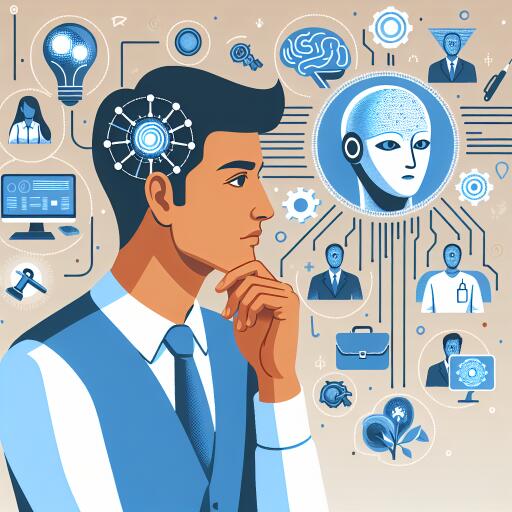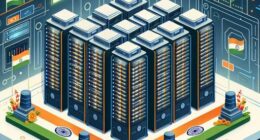Exploring the Impact of AI on the Job Market: Insights from Infosys Co-founder Narayana Murthy
In an era where artificial intelligence (AI) is making monumental advancements, the dialogue around AI’s impact on employment is more relevant than ever. Amidst escalating concerns over AI tools taking over jobs, Infosys co-founder Narayana Murthy offers an intriguing perspective. During an interaction with Moneycontrol, the tech mogul shared his insights, emphasizing the irreplaceable value of human intelligence in the face of technological evolution.
“The most powerful instrument ever invented by God is the human mind,” Murthy stated, expressing confidence that no technological advancement can surpass the capabilities of human intellect. He illustrated his point by referencing the introduction of computer-aided software engineering (CASE) tools in 1975, which sparked fears of diminished employment opportunities in software development. Contrary to predictions, the adoption of CASE tools did not lead to a significant reduction in the workforce. “Everybody said this (CASE tools) finishes the job opportunity for all youngsters in software development. It didn’t happen,” Murthy recalled.
According to Murthy, the advent of CASE tools actually motivated individuals to tackle bigger and more complex problems, thereby extending rather than replacing the role of human endeavors in technological progress. He advocates viewing AI as “assistive technologies” that are meant to enhance, not substitute, human effort. “
Murthy reinforced the notion that AI’s integration into our lives is inevitable but also highlighted the importance of framing the discussion around AI in terms of making human beings more productive. He identified specific areas where AI should ideally replace human jobs, such as “operating machines in hazardous situations like nuclear reactors”, demonstrating a pragmatic approach to AI’s application in the workforce.
Moreover, Murthy reflected an optimistic stance on AI’s potential to revolutionize various sectors, including healthcare, with examples such as remote surgery and precision equipment. This approach underlines the dual benefit of AI in reducing human exposure to dangerous work environments while simultaneously advancing the capabilities of critical sectors.
The viewpoint presented by Murthy isn’t a newfound revelation. Previously, at the 67th Foundation Day of the All India Management Association, he cited the book Bridgital Nation: Solving Technology’s People Problem by N Chandrasekaran, Chairperson of the Tata group. Murthy highlighted Chandrasekaran’s advocacy for leveraging AI to enhance human life, thus demonstrating a consistent belief in technology’s role as a complement to human capabilities rather than a competitor.
Murthy also touched upon the liberating potential of AI tools, which can free up time for humans to engage in more creative and inventive endeavors. He reminisced about past fears concerning computers rendering human labor redundant, pointing out that such fears never materialized. Instead, technological progress has historically led to the exploration of new avenues and challenges.
In conclusion, Narayana Murthy’s insights offer a refreshing perspective on the AI and employment debate. By championing human ingenuity and adaptability, Murthy’s standpoint suggests that the future of work in an AI-driven world need not be viewed with apprehension but as an opportunity for humans to redefine their roles, tackle greater challenges, and reach new heights of innovation. As AI continues to shape various facets of life, its role as an aid to human productivity and creativity cannot be overstated.










